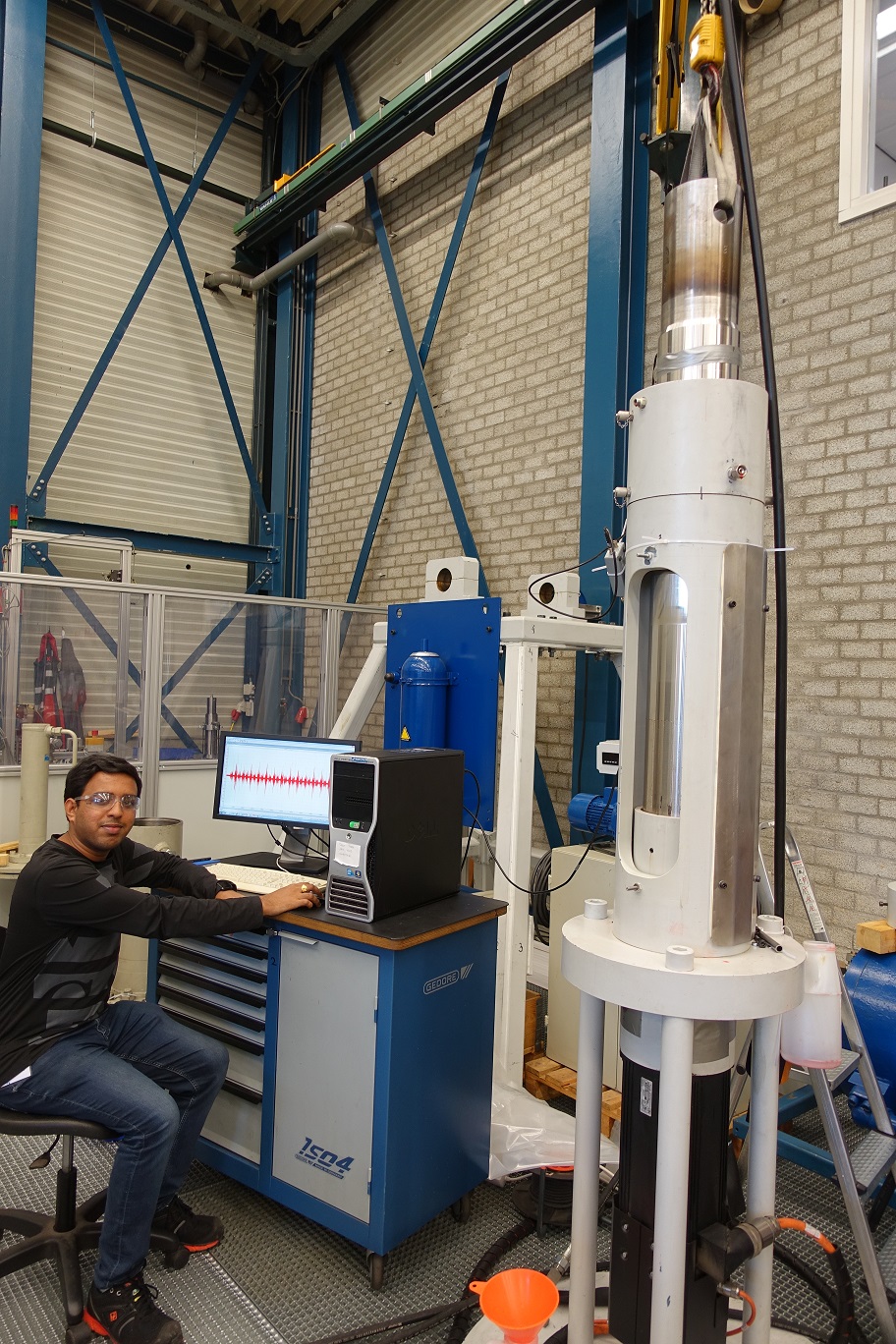When: Friday, November 29, 2019 9:00 AM-12:30 PM.
Location: GCE NODE, Tordenskjoldsgate 9, Kristiansand
09:00 – 09:10 Welcome & Coffee
09:10 – 09:45 Advancing Machine Learning and Optimization: Algorithms and Applications
09:55 – 10:10 Questions & discussion
10:10 – 10:40 Bringing SFI OM results forward with EU funding
10:40 – 10:50 Questions & discussion
10:50 – 11:00 Break
11:00 – 11:30 Innovation in ocean technology
11:30 – 12:30 Lunch
Advancing Machine Learning and Optimization: Algorithms and Applications
Professor Thomas Bäck
Leiden Institute of Advanced Computer Science, Leiden University, Netherlands
Today, industrial production processes generate a significant amount of process data through sensor measurements. In this talk, I will show how data-driven machine learning and optimization algorithms can be enhanced and applied to such processes for optimizing, e.g., process quality criteria. Like for many other datacentric application domains, it is impossible to apply analytical methods to such a task.
Instead, a range of methods including supervised learning (regression and/or classification), hyperparameter optimization, and evolutionary optimization need to be combined and applied, often in an automatic way. Moreover, enhancements of such algorithms need to be developed to fit the requirements of such industrial processes, including the on-line application of predictive models.
To illustrate this approach towards data-driven machine learning in industrial processes, some practical examples from industries such as automotive are discussed.
My fundamental research activities are often driven by the requirements of practical applications. In the talk, I will provide some examples such as my research in efficient global optimization, automatic configuration of evolutionary strategies, and online algorithm configuration of optimization algorithms – all of which are directly related to the area of automatic machine learning.
The talk concludes by providing a short overview of my other research topics and industrial projects in my research group.
Brief Biography:
Thomas Bäck is full professor of computer science at the Leiden Institute of Advanced Computer Science (LIACS), Leiden University, The Netherlands, since 2004. His research interests are in evolutionary and Bayesian optimization, machine learning, and data mining.
He received his PhD in Computer Science (under supervision of Hans-Paul Schwefel) from Dortmund University, Germany, in 1994, and then worked for the Informatik Centrum Dortmund (ICD) as department leader of the Center for Applied Systems Analysis. From 2000-2009, Thomas was President of NuTech Solutions GmbH and CTO of NuTech Solutions, Inc. In his work with industrial partners in the industry 4.0 domain, he develops solutions with companies such as BMW, Daimler, Honda, Tata Steel, and KLM – to name a few.
Thomas Bäck has more than 350 publications (H-Index: 56) and authored a book on evolutionary algorithms, (Evolutionary Algorithm in: Theory and Practice). He is co-editor of the Handbook of Evolutionary Computation and the Handbook of Natural Computing, and co-author of the book Contemporary Evolution Strategies (Springer, 2013). He is editorial board member of a number of journals, co-Editor-in-Chief of Theoretical Computer Science C (Elsevier) and the Natural Computing Book Series (Springer), and has served as program chair for major conferences in evolutionary computation. He received the best dissertation award from the Gesellschaft für Informatik (GI) in 1995 and is an elected fellow of the International Society for Genetic and Evolutionary Computation for his contributions to the field. In 2015, he received the IEEE Evolutionary Computation Pioneer Award for his contributions in synthesizing evolutionary computation.



